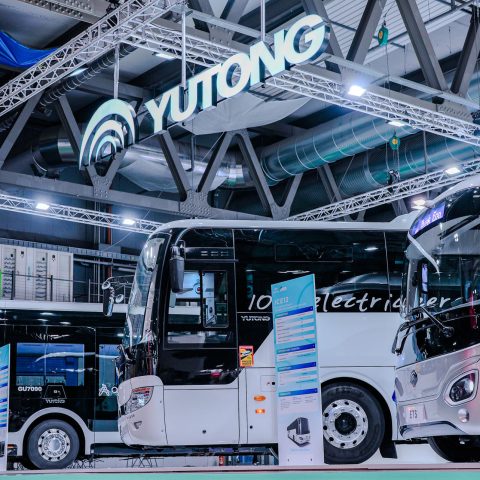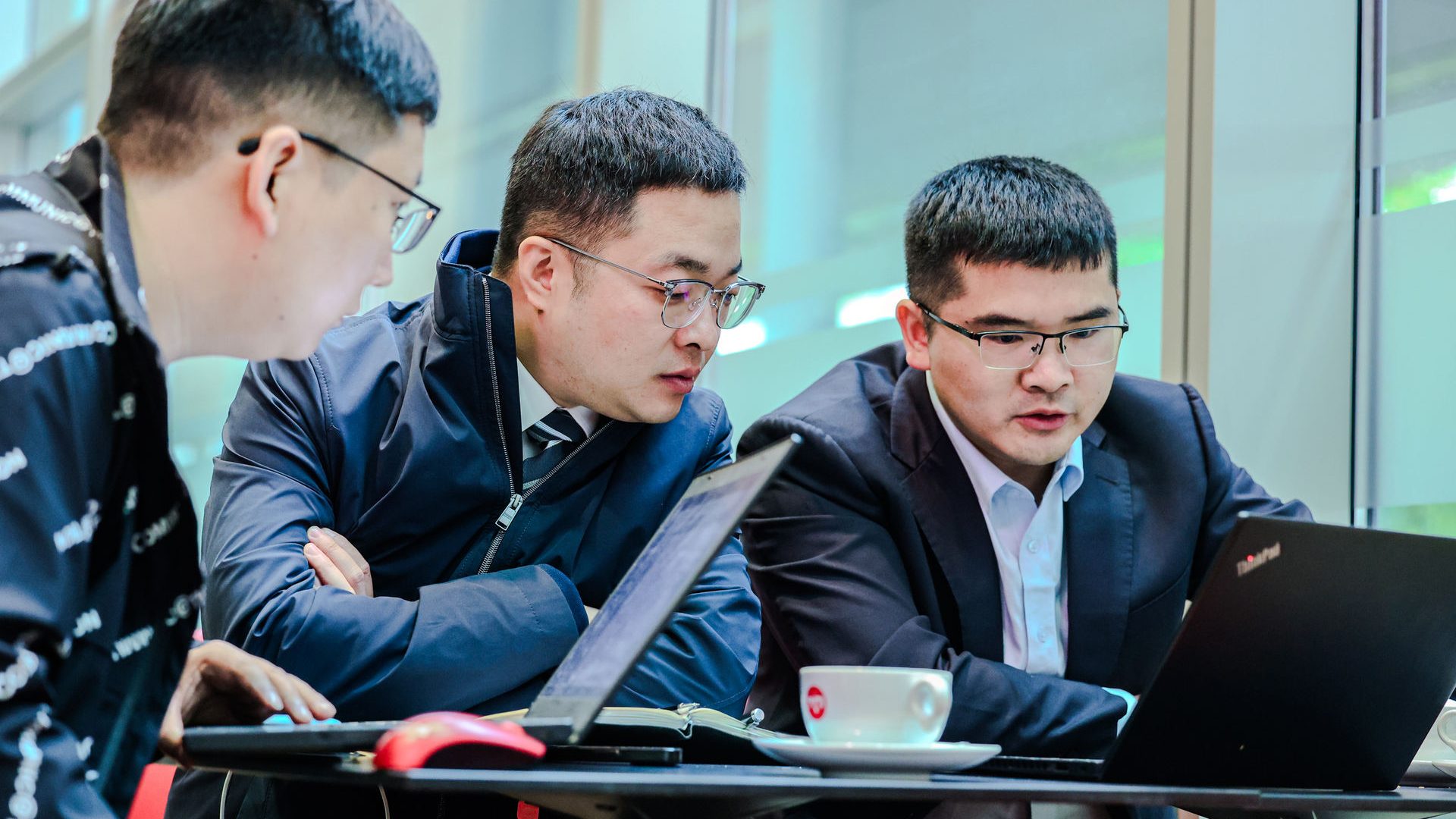Which are Yutong’s plans in Europe? Our interview with Western Europe MD William Ding
Yutong’s performance in 2023 showcased a growing market presence, registering over 36,000 units worldwide and more than 700 units in Europe, with a strong emphasis on electric buses. The company has high expectations for the Italian market, aiming for over 50 BEV bus registrations in 2024 and 2025. We interviewed William Ding, Western Europe managing […]

Yutong’s performance in 2023 showcased a growing market presence, registering over 36,000 units worldwide and more than 700 units in Europe, with a strong emphasis on electric buses. The company has high expectations for the Italian market, aiming for over 50 BEV bus registrations in 2024 and 2025.
We interviewed William Ding, Western Europe managing director, at Next Mobility Exhibition in Milan, held in May.

William Ding. focus on Yutong’s figures in Europe
Can you provide some background figures concerning Yutong in 2023, both at level of Europe and world?
In year 2023, Yutong has registered more than 36,000 units worldwide, over 10,000 units outside of China. Over 700 units have been registered in Europe and more than 600 units of electric buses and coaches. We have high expectation from the Italian market where we have sold so far around 60 units. We hope to achieve over 50 BEV bus registrations in year 2024 and 2025.
What are your long-term objectives in Europe?
Yutong’s presence in Europe is relatively recent, but it has gained customer recognition for its excellent product performance, particularly in some Nordic markets. In the European market, Yutong aims for sustained, long-term operations, aspiring to become one of the preferred brands for customers and earn a positive reputation.
I’d also like to mention that Yutong invests 7% of annual revenue in R&D and we have more than 1,500 patents in new energy technologies, including safety and energy saving. We are willing to communicate with local new energy companies share technical experience, to promote the European ZE transition. In the meantime, we will enhance the investment in spare parts storage and after-sale service to guarantee the operation of buses on the road.
Yutong: any plans for localization?
Does your company have any plans to establish manufacturing facilities in Europe to cater to the growing demand for electric buses in that region?
Yutong will consider factors such as customer service convenience, supply chain, and cost advantages when deciding the timing and location for setting up manufacturing plants. Europe will also follow this principle.
What electric models do you plan to introduce in the coming years?
In the future, we will launch many new pure electric products, such as the next generation of pure electric intercity buses, high-end pure electric city buses, and 18-meter high-end trolleybuses.
At NME in Milan you were present with 4 vehicles, all electric: E7, U12, U18 and the intercity Ice7: which of these do you think could be the winning card to win tenders in Italy?
I think it is our new U series product, as it is tailored for European market. Components and production lines are made according to Europan standard and most of production equipment are imported from Europe. So our U series can provide better service to Italian and European customers.
Are you still offering also the E range or the new U range is replacing the previous E range?
We are promoting two bus families, the E and U series. At the moment we are offering both products. In two years, we plan to switch our offer to the U series only (editor’s take: we recently had the opportunity to test drive the Yutong U18)
Not only urban and long-distance, but also tourism: going against the trend compared to other manufacturers, are you betting heavily on electric instead of hydrogen for the coach? Why?
Yutong’s hydrogen fuel cell products have been trial-operated in more than 800 vehicles on the road in China, with more than 14 years of practical operation experience. Our fuel cell buses have reach the 4th generation. However, we believe that from an economic perspective, they are currently inferior to pure electric vehicles.
Which is the main economical barrier? The price of the vehicles or that of hydrogen fuel?
Both. The price of hydrogen, the transportation of the fuel, its storage, and also the vehicle itself.







